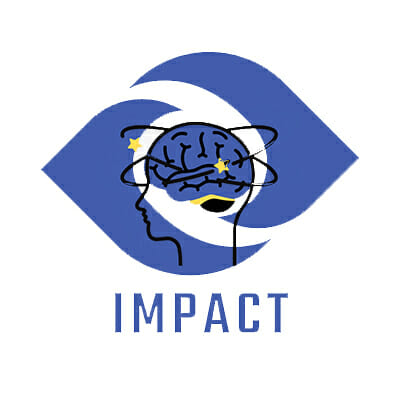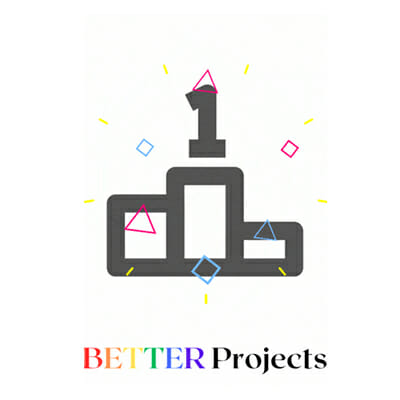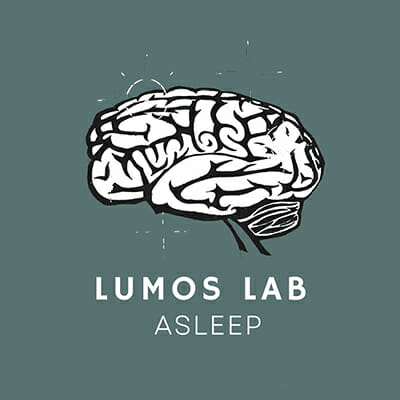Lorem ipsum dolor sit amet, consectetur adipiscing elit. Ut elit tellus, luctus nec ullamcorper mattis, pulvinar dapibus leo.
 Regulation of Emotion and Sleep Extension post-TBI Project
Regulation of Emotion and Sleep Extension post-TBI Project IMPairment of Affective Cognition post TBI
IMPairment of Affective Cognition post TBI INvestigation of Slow Paced Inhalation for the Regulation of Emotion
INvestigation of Slow Paced Inhalation for the Regulation of Emotion BEhavior, sTereoType, and pERformance Projects
BEhavior, sTereoType, and pERformance ProjectsThese projects are broadly interested in motivation and performance. Motivation is our drive, our passion, our reason to exert effort and achieve something. Most of the things we do have an end goal, whether it is to get an “A” in the class, be a good person, take out the trash, etc. These projects are interested in what motivates us — what drives us to act one way versus another way in order to achieve a goal — and why and how certain aspects of a situation influence us while others do not.
In an other line of research, projects examine the effects of implicit biases and stereotypes, specifically in how biases impact our behaviors.
This research is part of the Behavioral, Stereotype, and Performance (BETTER) Lab at Merrimack College. Please email [email protected] for more info or to participate in studies.
A series of studies tracks eye movements while completing a shooter task where individuals shoot an armed target.
This research is part of the Behavioral, Stereotype, and Performance (BETTER) Lab at Merrimack College. Please email [email protected] for more info or to participate in studies.
 Athlete Mental health Program
Athlete Mental health ProgramCollege athletes must juggle packed schedules, academic responsibilities, and sports-specific demands, which may make them more susceptible to certain mental health issues as compared with the general population. Athletes also have an increased risk of mental disorders upon retirement from sports if their identity is closely tied to being an athlete. This study aims to develop a comprehensive mental health program for athletes that fosters athlete well-being and mental health as well as promotes social support by having coaches, staff, and the athletes themselves understand early warning signs, destigmatize reporting, and develop and grow one’s identity outside of athletics.
This research is part of the Behavioral, Stereotype, and Performance (BETTER) Lab at Merrimack College in collaboration with Drs. Michael Corcoran and Christine Shaw. Please email [email protected] for more info or to participate in this study.
 Anxiety SLeep Extension and Emotion Perception Project
Anxiety SLeep Extension and Emotion Perception ProjectAnxiety and sleep have a bidirectional relationship – anxiety makes it harder to sleep, and sleep can help you manage your symptoms of anxiety. This research examines how sleep can impact the way those with and without anxiety perceive, respond to, and remember emotional information.
This research is part of the Learning, Memory and Sleep (LUMOS) Lab at Merrimack College.
 Memory Instructions and Nocturnal Direction Project
Memory Instructions and Nocturnal Direction ProjectSleep improves memory, but can sleep also improve forgetting? Forgetting is a necessary and integral part of our brain’s healthy functioning. This line of research examines the role of sleep in helping the brain identify not only the important information to remember for the future, but also the unimportant things that can, and should, be forgotten.
This research is part of the Learning, Memory and Sleep (LUMOS) Lab at Merrimack College.
Any students interested in joining the lab, please email Professors Seitchik and Kurdziel. We are always looking for willing research assistants to assist in our research experiments!
Olivia Bourque ’24 has been a part of the Merrimack College group for four years.
